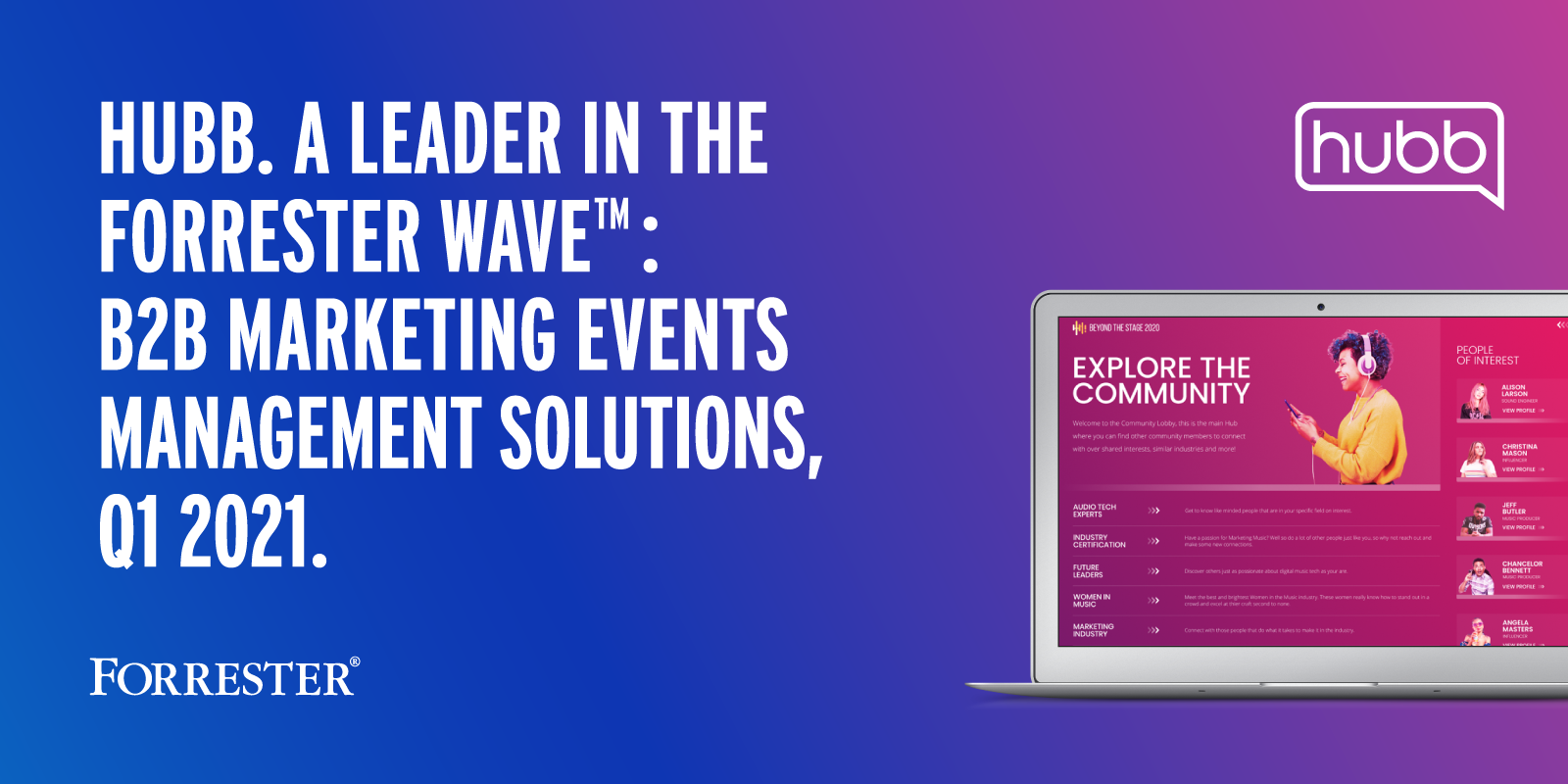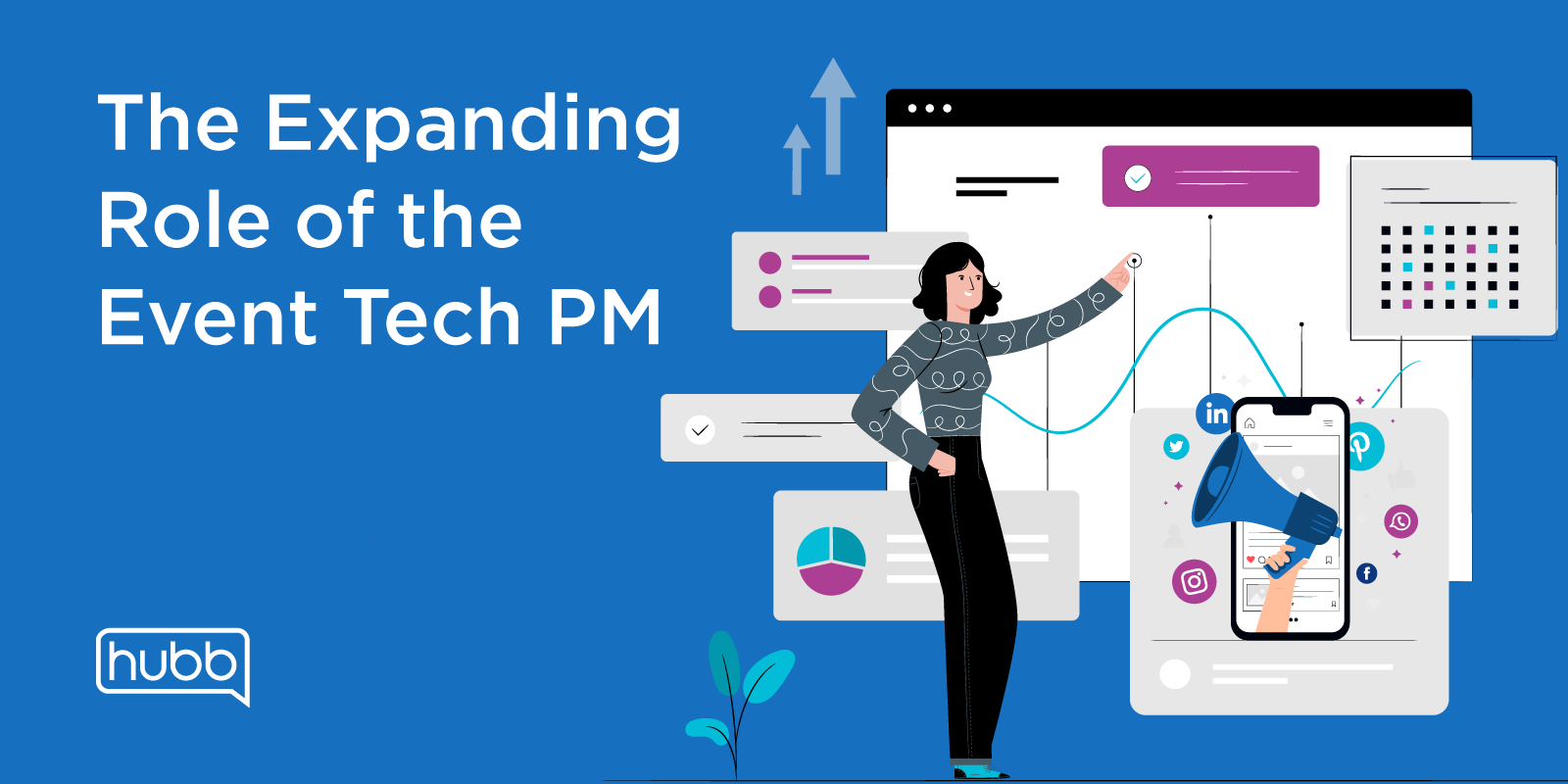
Last month I had the opportunity to share my experiences as an event manager at Event Tech Live. In my session, I explored the API economy, and how it’s helping event managers focus on inspiring their teams, make decisions based on the data, and create meaningful experiences with measurable results. I wanted to distill my presentation (available in full at the end of this post) here into a few key takeaways that I think can help you make the best use of the event technology available today.
Meeting managers are the heroes of any marketing organization—we live in a world that is constantly throwing information at us, and we’re expected to make a magical event out of millions of emails and tasks that need to be completed. Simplification and organization are the keys to avoiding chaos, and I believe the best way to accomplish this is by leveraging technology, specifically with the API economy. There are four key steps you should take to start getting empowered by the API economy as an event managers:
Build a strategic plan
Start by setting your goals and objectives. In a perfect world, what information would you want to know, at what frequency, and how would that help you create a better event?
Next, decide what toolsets work with the type of data that is important to you. Think outside of the immediate needs of the event (like ticketing or registration) and consider the broader marketing perspective. How can you tell a better story about your event and its impact on your business?
Finally, define roles and responsibilities. Who owns what information, and how should it flow? Setting clear expectations for each vendor will ensure your data flows correctly.
Broadly share your plan
Adopting a new process or technology is impossible unless everyone involved is on the same page. Once you build a strong plan, get buy-in from your team. Make sure everyone is 100% clear on the process and individual responsibilities. This will make integration with tools they use much easier and help you to understand what the needs are as you select your event tech partners.
Choose your event tech partners
Ask yourself the following questions:
Are they a culture fit?
Being able to work closely with your technology provider, particularly in the early stages of getting the new technology implemented, will depend on building a strong working relationship. Having similar working styles or a good understanding of how your provider’s team works will make it easier to solve problems that arise or collaborate on new ideas.
What type of API do they have?
There are two main API types to differentiate between - SOAP and REST. Both work, but when given the choice opt for REST. REST is newer and lighter, offering greater flexibility. Because of this flexibility, developers can more easily and quickly implement REST-based APIs. The API should also be both push and pull, meaning you should not only be able to input data into the system, but also take it out and send it to other sources.
How do they handle data transfer and security?
With the transfer of data, security of the data at rest and in motion is incredibly important. Ask your vendors where they are hosted and what protocols they have in place for transferring data and encryption in data storage.
What’s their performance stability and speed?
At an event, when changes are made to rooms, speakers and sessions, the speed and stability in which these changes are made is imperative. Is your schedule builder cached so attendees aren’t waiting for the data to refresh? When 26,000 users access the servers 10 minutes after the keynote and causes the server to go down, what is your data redundancy solution? Enterprise SAAS uses hosting solutions where servers are backed up in separate locations globally. For instance, events held in Canada requires your hosting solution to be located in Canada. With a few clicks of a button, you can make this change if you’ve selected the correct vendor.
What’s their past experience?
Finally, ask for references and testimonials from previous clients, and test software through sandboxes or trial sites. Once you’ve gathered all the necessary information, grade them based on the original goals you set forth in your plan.
Innovate
Once you’ve created your ecosystem of tech, think about out-of-the-box ways in which you can use it to make your life easier and enhance the attendee experience! Strategically placed interactive digital experiences are one great way to provide customized information to attendees.
By following these four key steps, you’ll be well on your way to building a strong API economy that will change the way you manage your events. Just remember - plan in advance, start simple with a solid plan, know which tools you’ll use for what purpose and make sure your team is on the same page, and ensure your tools work easily together.
Want more? Watch the recording of our webinar, Get Empowered by the API Economy.
-
Speed1x
-
Quality720p

Thanks for reporting a problem. We'll attach technical data about this session to help us figure out the issue. Which of these best describes the problem?
Any other details or context?
Want to take advantage of the API economy for your events? We've partnered with several best-in-class event technology providers to make it easy for event managers to get empowered by the API economy. You can learn more about our partnership, and how you can benefit from it, on our blog and on EventTechTribe.com.






